In my opinion, understanding who your target audience is, and what they want, and writing to them (and only them!) is the most important component of being successful as an author.
JOHN LOCKELet not men think there is no truth, but in the sciences that they study, or the books that they read.
More John Locke Quotes
-





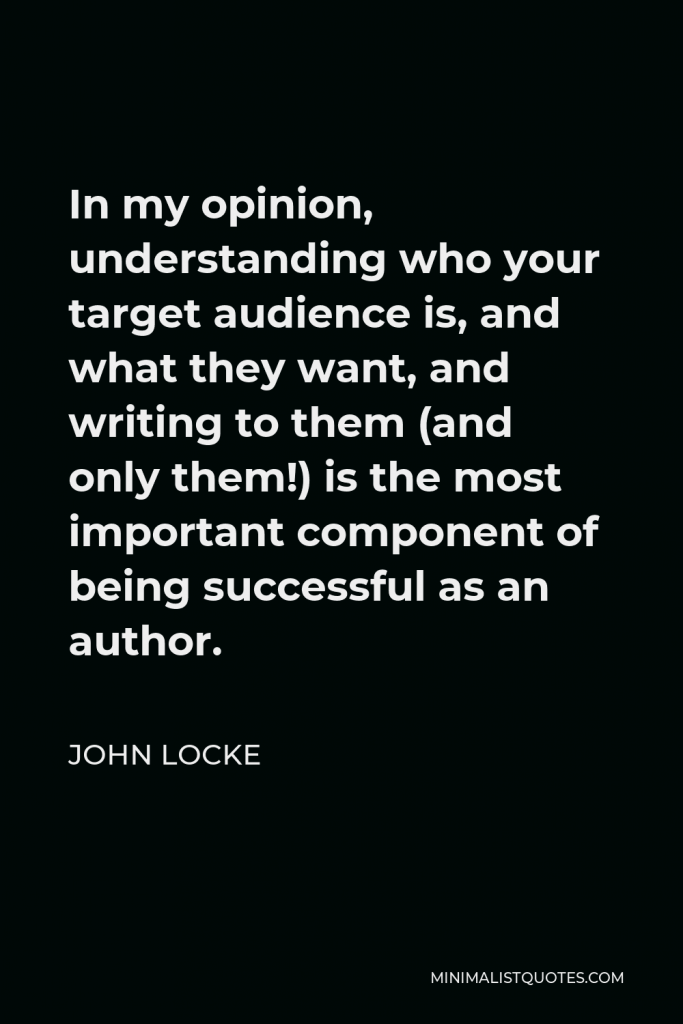

-





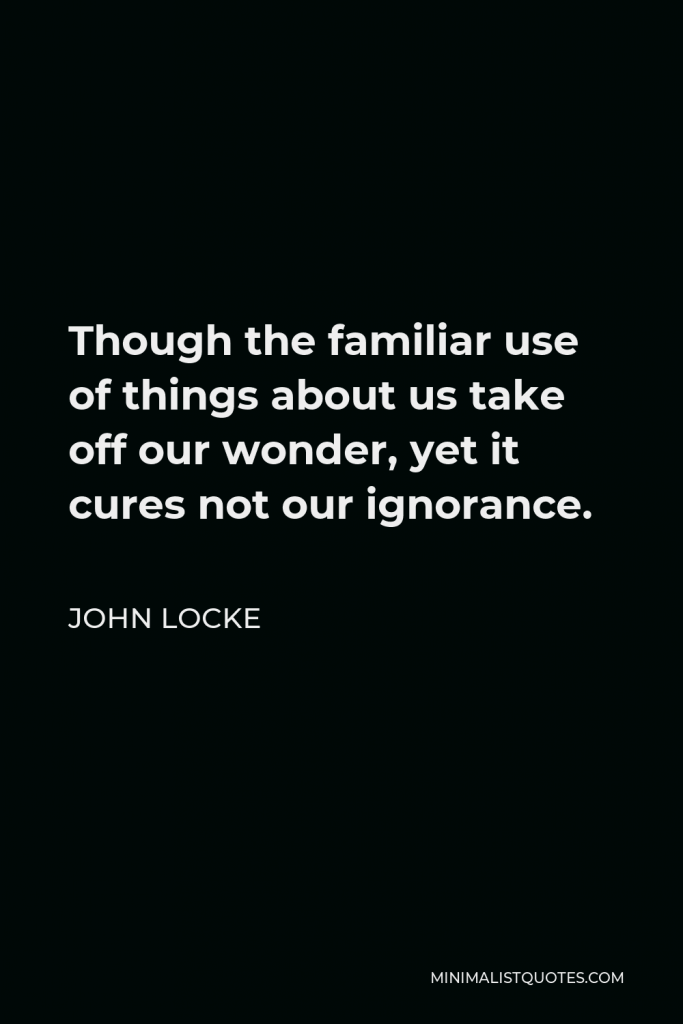

Though the familiar use of things about us take off our wonder, yet it cures not our ignorance.
JOHN LOCKE -





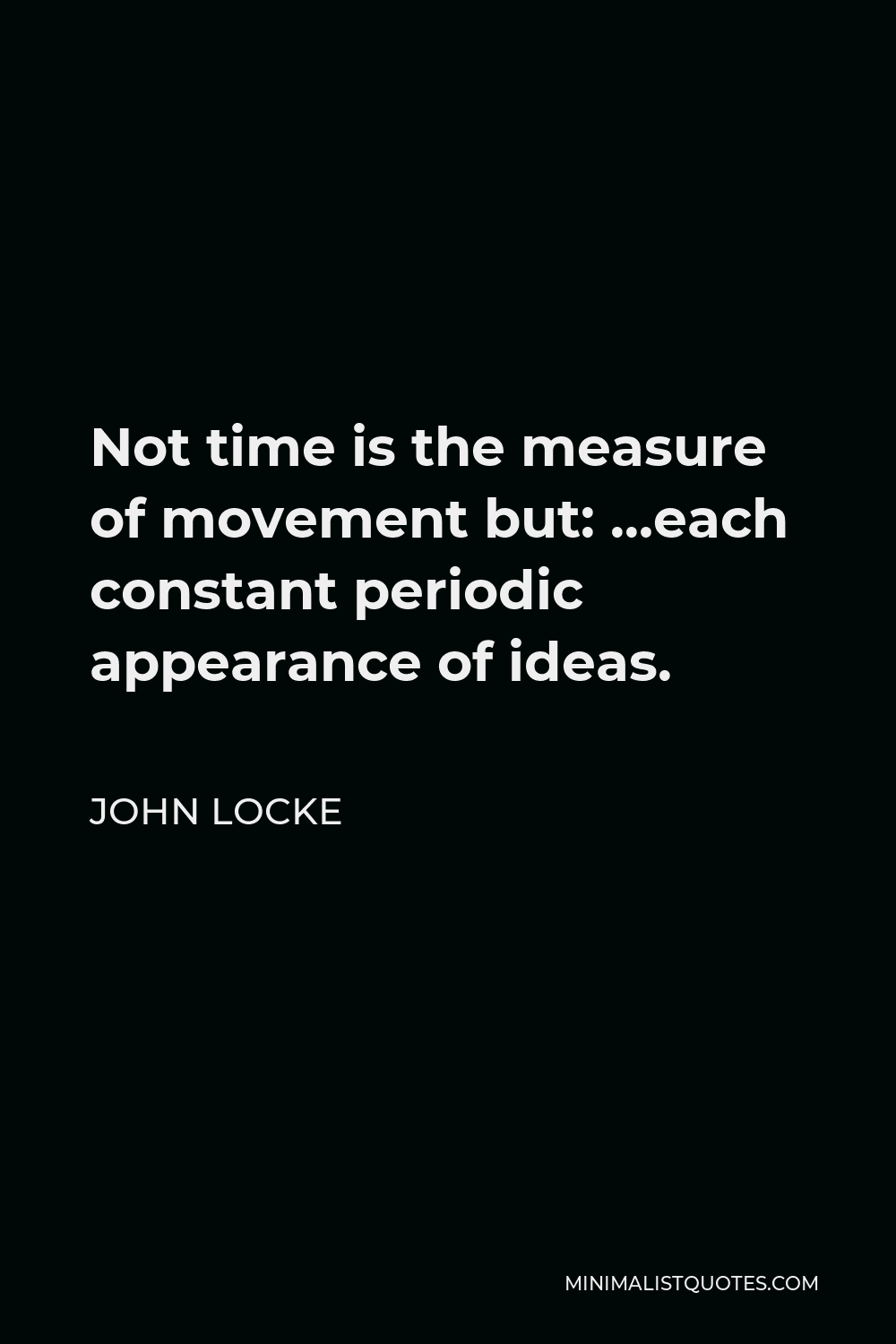
Not time is the measure of movement but: …each constant periodic appearance of ideas.
JOHN LOCKE -






A sound mind in a sound body is a short but full description of a happy state in this world.
JOHN LOCKE -





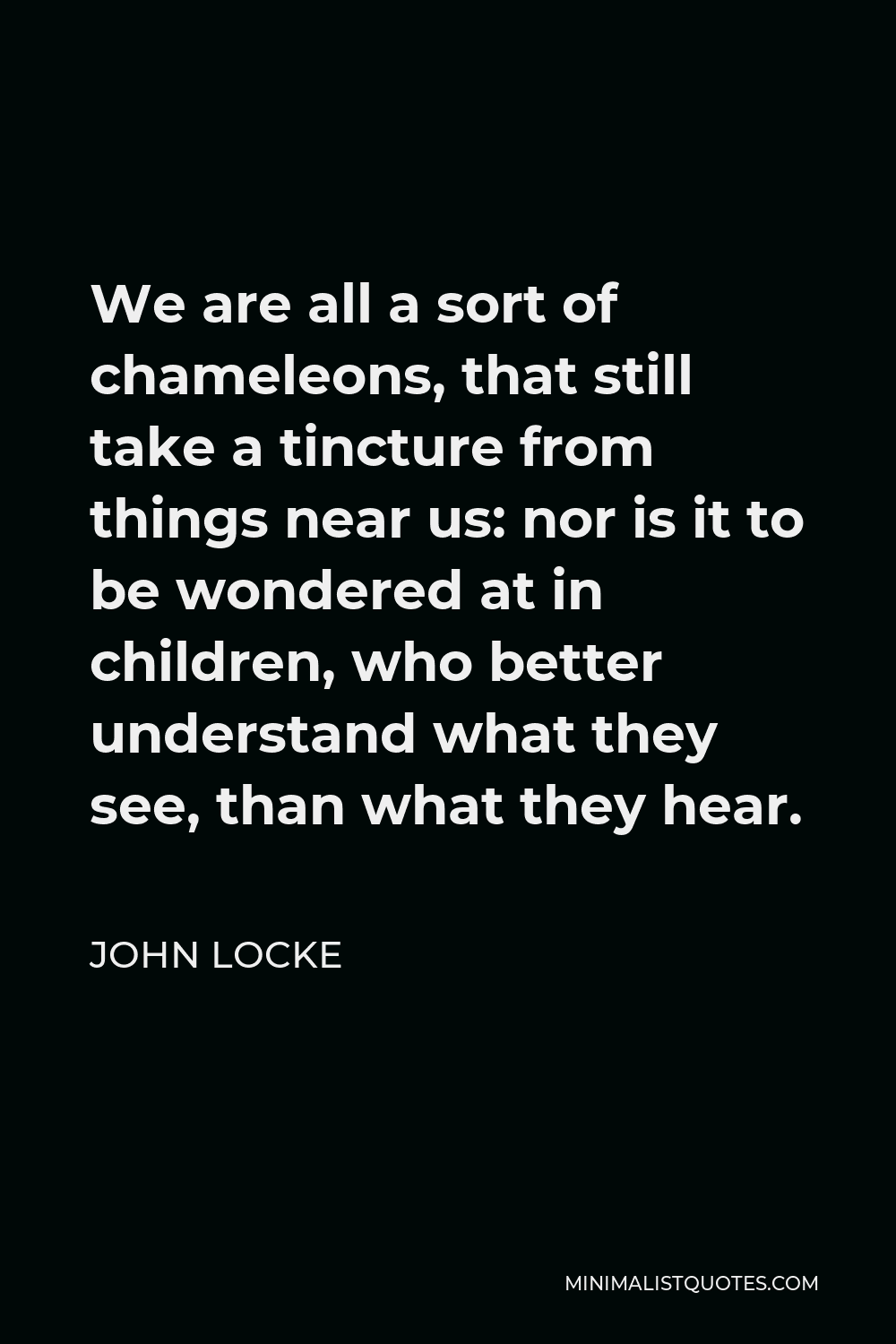
We are all a sort of chameleons, that still take a tincture from things near us: nor is it to be wondered at in children, who better understand what they see, than what they hear.
JOHN LOCKE -





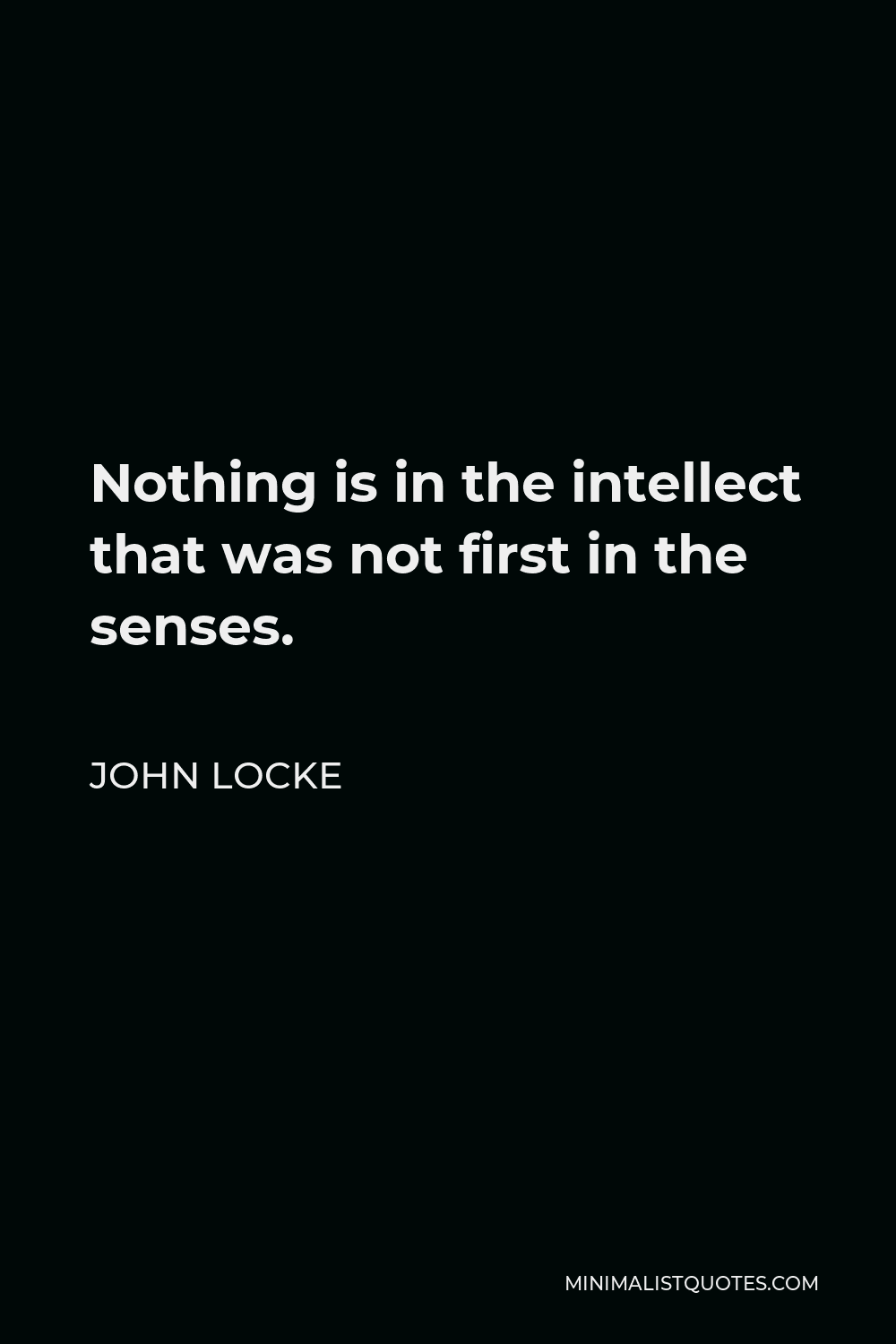
Nothing is in the intellect that was not first in the senses.
JOHN LOCKE -





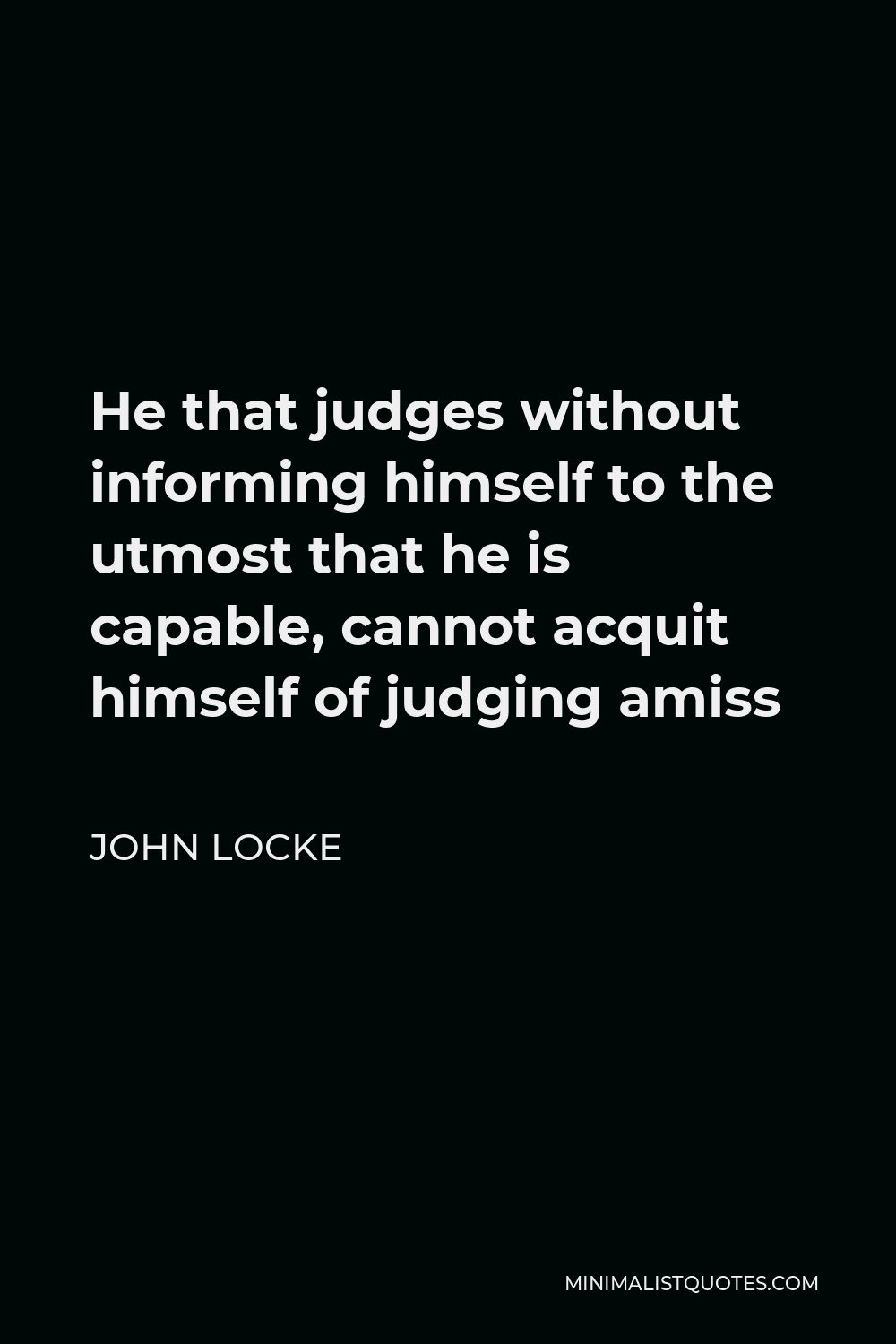
He that judges without informing himself to the utmost that he is capable, cannot acquit himself of judging amiss
JOHN LOCKE -





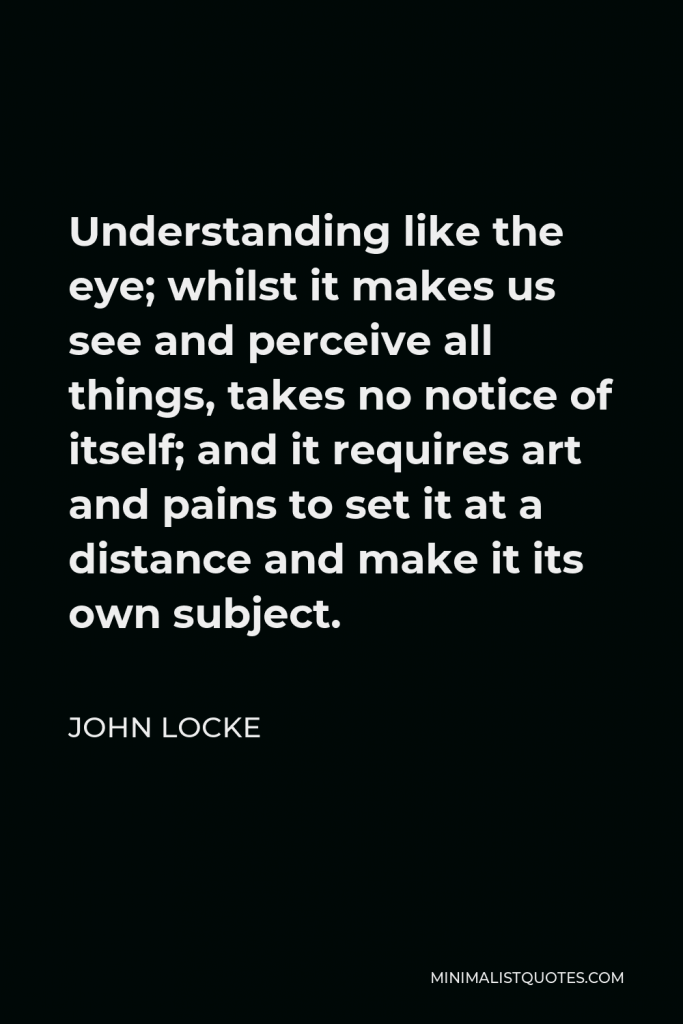

Understanding like the eye; whilst it makes us see and perceive all things, takes no notice of itself; and it requires art and pains to set it at a distance and make it its own subject.
JOHN LOCKE -






There are a thousand ways to Wealth, but only one way to Heaven.
JOHN LOCKE -





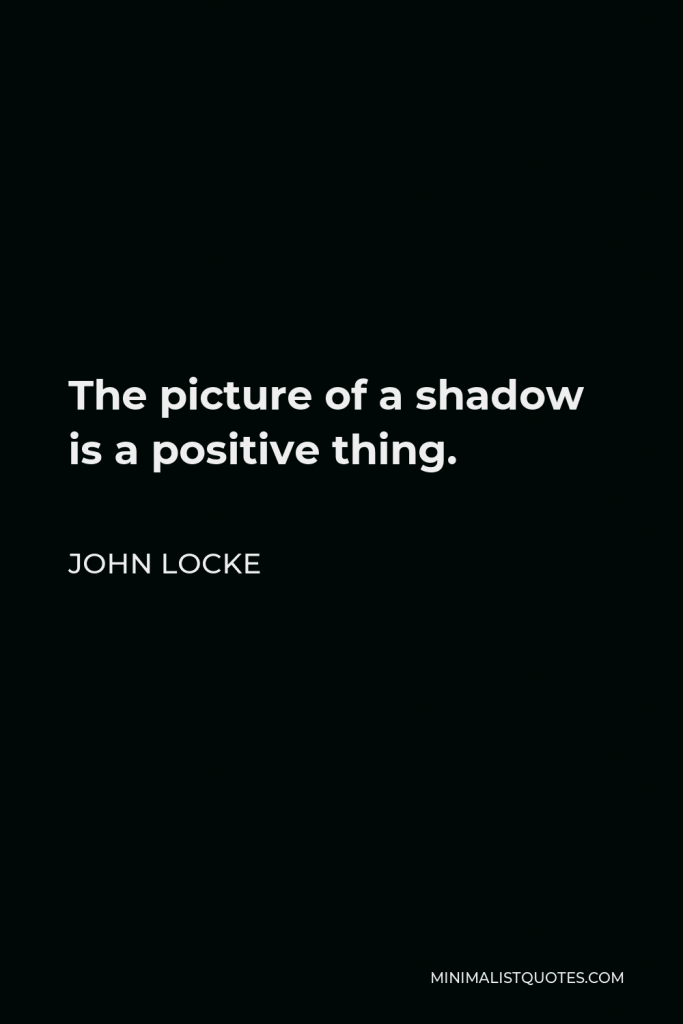

The picture of a shadow is a positive thing.
JOHN LOCKE -







Thus parents, by humouring and cockering them when little, corrupt the principles of nature in their children, and wonder afterwards to taste the bitter waters, when they themselves have poison’d the fountain.
JOHN LOCKE -







The necessity of pursuing true happiness is the foundation of all liberty- Happiness, in its full extent, is the utmost pleasure we are capable of.
JOHN LOCKE -





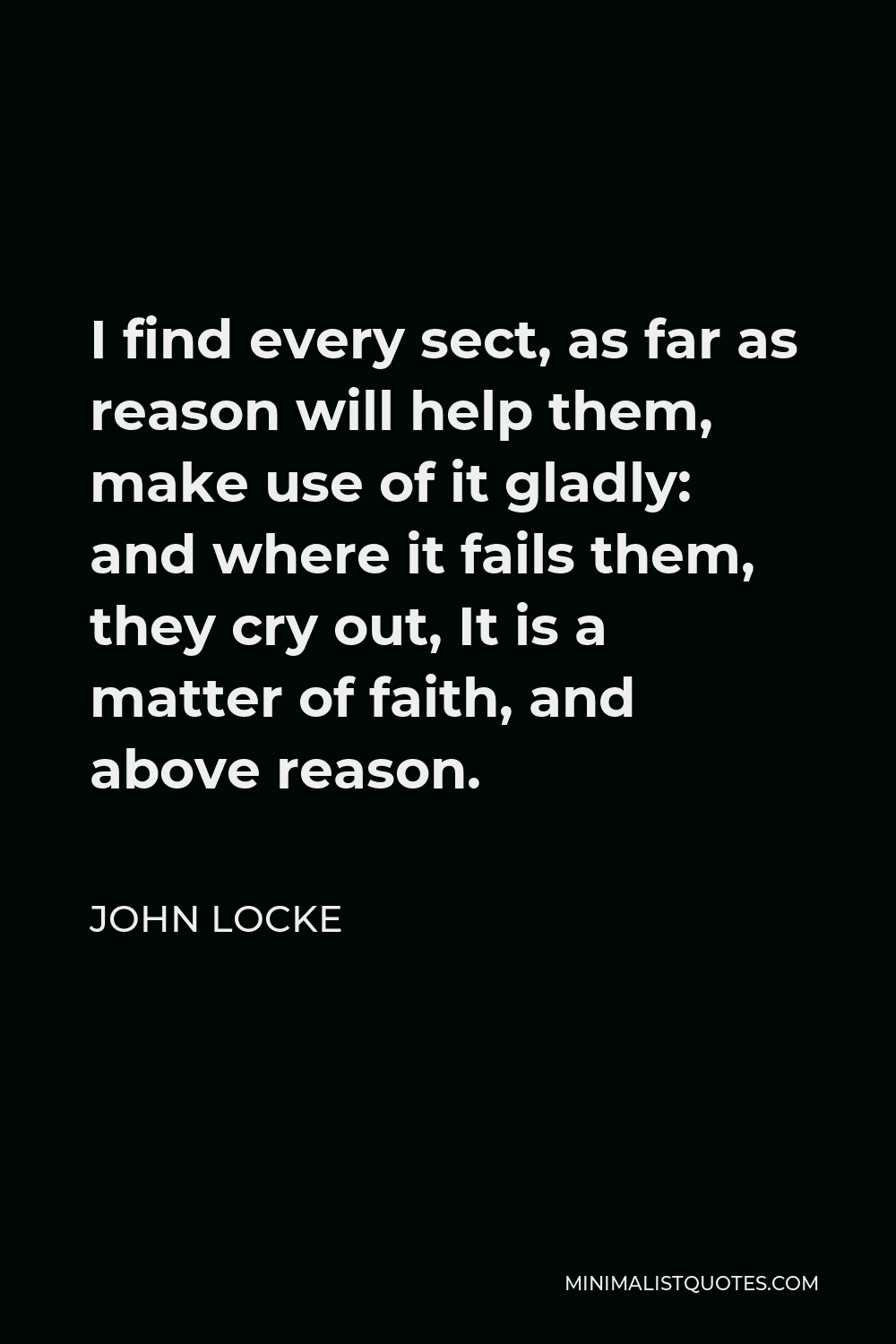
I find every sect, as far as reason will help them, make use of it gladly: and where it fails them, they cry out, It is a matter of faith, and above reason.
JOHN LOCKE -





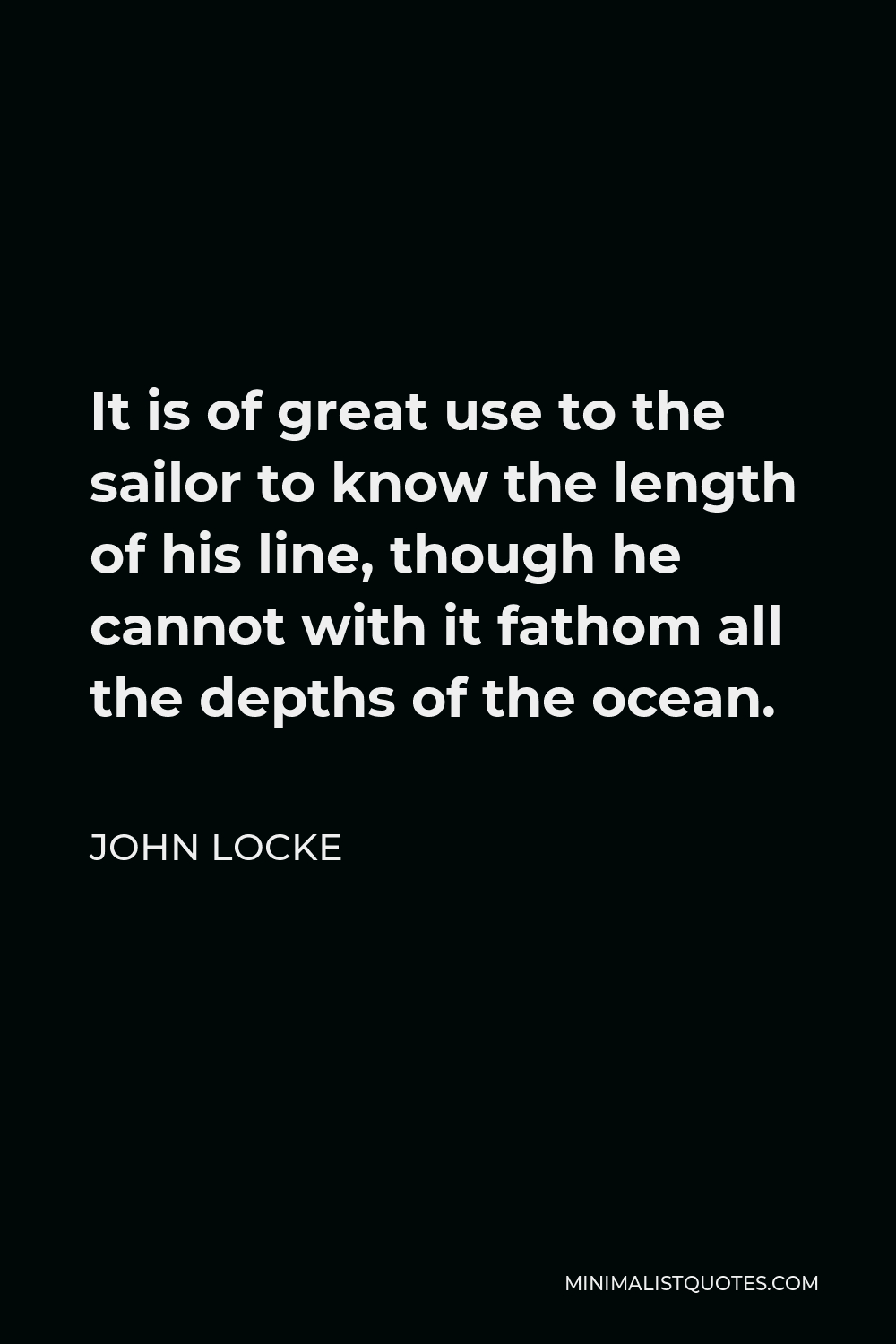
It is of great use to the sailor to know the length of his line, though he cannot with it fathom all the depths of the ocean.
JOHN LOCKE -







I esteem it above all things necessary to distinguish exactly the business of civil government from that of religion and to settle the just bounds that lie between the one and the other.
JOHN LOCKE -





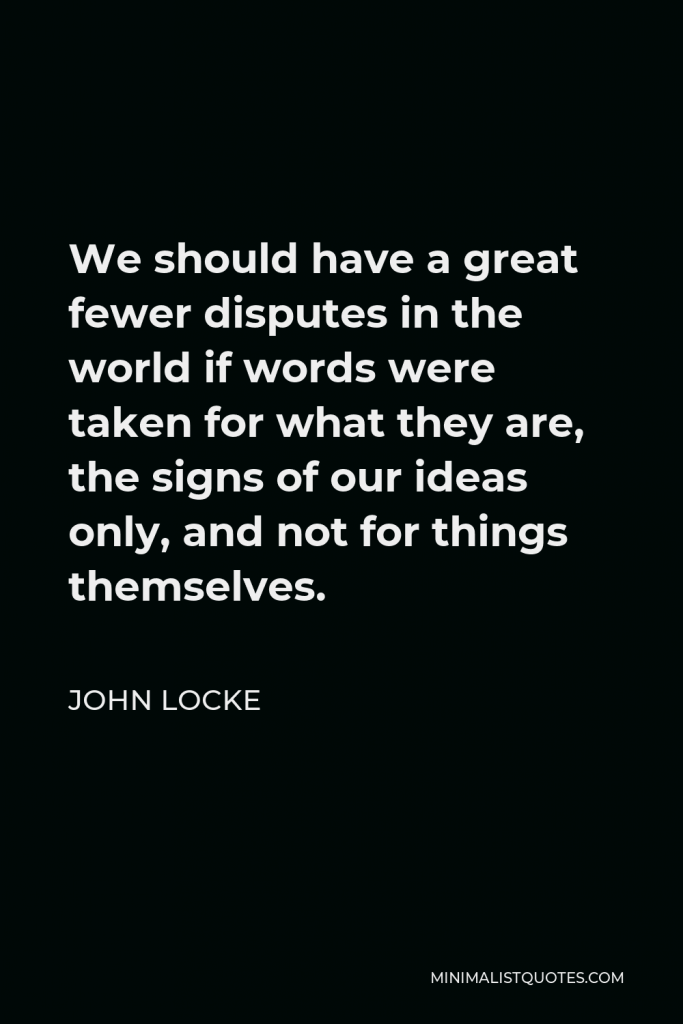

We should have a great fewer disputes in the world if words were taken for what they are, the signs of our ideas only, and not for things themselves.
JOHN LOCKE







